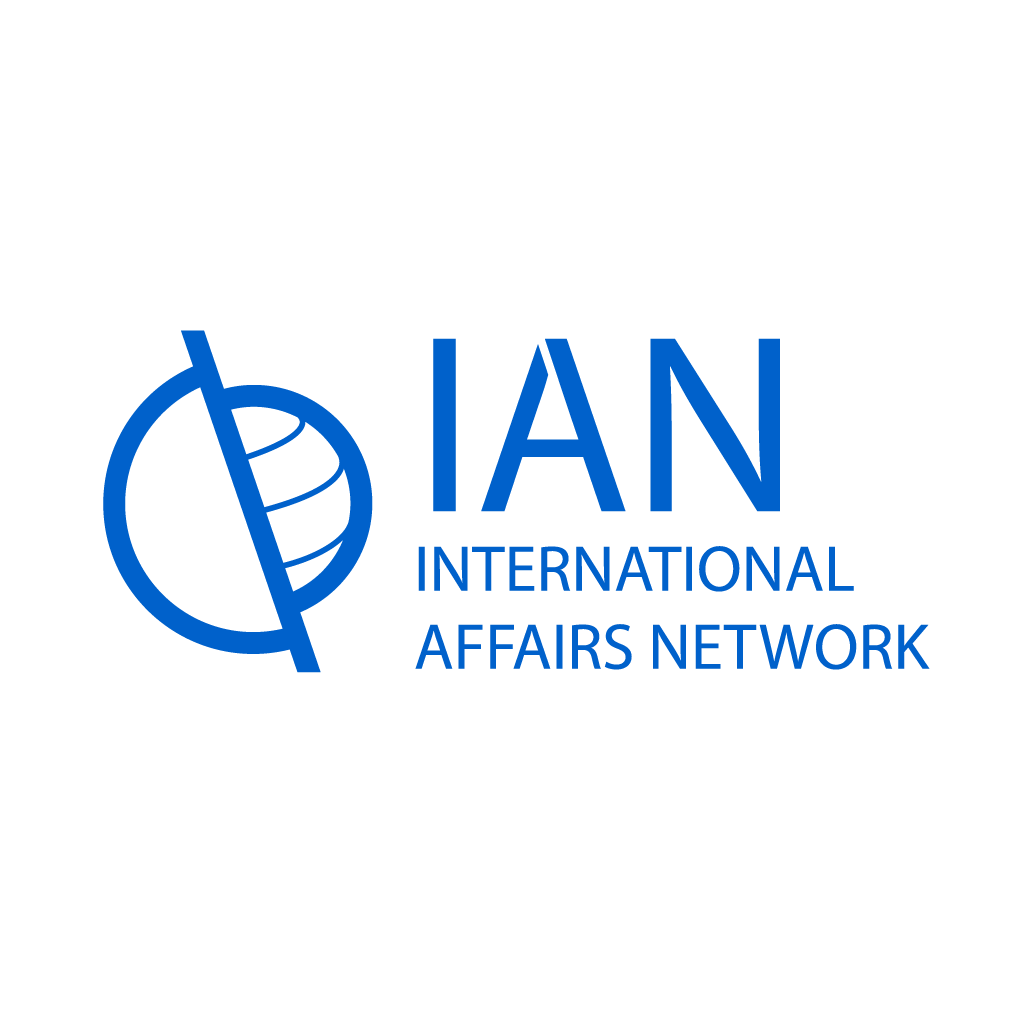The Jordanian Safeguard
Revising and Revisiting a Three-State Solution
The Israeli-Palestinian Conflict’s wide-reaching problems were the target of many summits along the years. Some came close to solving the situation lived in this region of the Middle East, but none were enough to definitively put an end to it, only managing to establish a precedence and a framework on which future diplomats and leaders could work upon for a future solution. It is my opinion that a Three-State Solution pivoted in Jordan could be beneficial in solving the myriad of problems between Israel and Palestine. One of these main problems, and the main one the present essay will be focusing on, is that of the Right of Return of Palestinian Refugees. And, in addition, how a 3-state solution under Amman could help to finally untangle the “web” that pits these two sides against each other, in a seemingly never-ending conflict. It is important to note that the status of refugee for Palestinians, according to the UNRWA, is inherited from generation-to-generation, tracing back to the original ascendants that were first displaced from Palestine. In contrast to the period spanning 1946 to 1948, the number of displaced people, nowadays, totaling an estimated 5,5 million refugees.
The Three-State Solution differs from other proposed solutions such as the None, One or Two State Solutions, as it proposes the existence of pre-1967 borders. This would mean the West bank would be restored to Jordan and the Gaza Strip to Egypt. The West Bank would return to Jordanian control through the establishment of a federation rather than outright annexation. Hence, the Jordanian idea of a Three-State Solution. This approach was first proposed by King Hussein of the Hashemite Kingdom of Jordan in 1972, which consisted of a Jordanian-Palestinian Federation («On March 15, 1972, King Hussein publicly announced a United Arab Kingdom Plan, or the Federation Plan»). Under his proposal, the West Bank and the Kingdom itself would essentially be two districts and would be autonomous except for all matters military, foreign affairs, and security, since these would be decided and executed by the central government in Amman, as stated in the “bases of the proposed formula”.
This proposal was swiftly rejected by the Israeli Knesset and the Palestinian Liberation Organization and was opposed and condemned by the Arab World. In truth, the plan was doomed to fail from the start, since it was proposed in an era of heightened ideologic rigidity, and no side was willing to concede to one other. Furthermore, the proposal was regarded as too pro-Zionist by the Arab side and a threat to the possibility of peace by the Israeli leadership. However, this Solution is periodically revisited and proposed, tending to emerge with time after being shut down any given previous iteration of itself. as this is a solution on which diplomats and conflict-solvers never seem to give up on account of its merits and despite the problems it brings about.
Jordan could present itself as a bridging factor for both sides of the Palestinian World, even though the Gaza Strip ruled by Hamas would be out of their sphere of control. For the Palestinian Authority, because its goal is to have a state for the Palestinian people; for the Gaza Strip-controlling Hamas, because it first, and foremost, wishes the predominance of the Islamic faith; incidentally then the liberation of Palestine and creation of a Muslim theocracy. Jordan’s status as a Muslim-majority country and proposed head of a Jordanian-Palestinian federation would mean a State for Palestinians with a certain degree of autonomy in which most people would be professing the Islamic faith. Therefore, this federation could, in theory, appease both sides of the Palestinian internal division.
To add to the merit of the Solution, under Amman, a Palestinian state would not have to concern itself with international recognition as the Hashemite Kingdom is a recognized sovereign state, boasting good relations with the Western World as well as with the Arab World. The Hashemite Kingdom is a stalwart ally of the United Kingdom; the United States; and a partner of the European Union. In the Arab World, Jordan is a regional power having good relations with most countries of the region, although these are subject to fluctuations. More importantly, Jordan and Israel boast somewhat good relations despite recent events. Jordan was the second Arab country to sign a peace treaty and to normalize diplomatic relations with Israel, after Egypt, in 1994.
In their Peace Treaty, both countries agreed to act together in cooperation in various over-arching domains as delineated in the peace document. Most importantly, for this essay, in particular, Article 8 on “Refugees and Displaced Persons”, which outlines a plan of action regarding the Palestinian refugees, on a bilateral level. Both Jordan and Israel were fully aware that due to the complexity of the status conferred to Palestinian Refugees, namely the inheritance of that status, the problem had escalated if not in all terms, then numerical at the very least.
Israel is unable to accept [the present-day] 5,5 million refugees and all the demographic and social implications of such large-scale immigration. Risking Jewish people becoming a minority in their own country, would bring about a shift in all levels of day-to-day life, not to mention an increased strain on government-provided services such as healthcare, transportation, and education and an increase in social problems such as unemployment and the subsequent criminality that would ensue. Like Israel, Jordan is not to accept every single one of these refugees since the same problems Israel could face, would also arise in the Hashemite Kingdom, except for the ones regarding cultural and religious heterogeneity, since the Jordanian population largely identifies as Muslim and is ethnically Arab and Palestinian people are already a big component of the Hashemite Kingdom’s society, therefore the possibility of a culture shock would not be as much of a problem. Article 8 proposed a quadripartite committee alongside Egypt and the Palestinians themselves [i.e., assumes participation from the Palestinian authority] to deal with displaced persons and refugees.
It is my understanding that, due to the inability to accommodate millions of refugees, Israel and the members of the Multilateral Working Group on Refugees work together to better distribute the refugees and IDP’s over these countries’ territory. Furthermore, to compensate the creation of this situation and the burden neighboring countries will shoulder, Israel could increase its contributions to the UNRWA and provide the other host countries with more foreign aid, including aid related to military equipment as Israel is a major weapons development and manufacturing country, specifically to Jordan if they incorporate the West Bank under Amman.
Several concessions to Jordan could be made, namely regarding Jerusalem abiding by the United Nations General Assembly Resolution 67/19 of 2012, which affirmed East Jerusalem as part of the West Bank. It must be said that Israel could impose strict conditions under such a concession, regarding a joint security force and unrestricted access by all citizens. This would make that section of the city a sort of ‘freeport’, with both Jordan and Israel as their custodians, where the UN could act as a superintendent and as a safeguard for the respect of all the holy sites present in this part of the city.
In my opinion, the historical precedence Jordan has to the territory, albeit with their sovereignty over the West Bank renounced, makes it a valid claim for a future return to the pre-1967 status quo, though with a changed, more complex situation border and demographics-wise. In order for a three-state solution to happen it needs to be clear on the frontiers between Israel and Jordan, as these cannot revert to the pre-1967 ones.
A claim is to be made that Jordan should accept the latest iteration of proposed borders, the ones delineated by the colloquially called ‘Trump Peace Plan’ on Israel and the Palestinians: Background Memorandum on U.S. Peace Plan document, in which «Israel would acquire sovereignty over about 30% of the West Bank, including settlements and most of the Jordan Valley», with the possibility for land swaps. The territory allocated under this plan for a Palestinian state would be combined with the Hashemite Kingdom of Jordan’s borders and, therefore, the borders would be set, although there could be some room for negotiation, under the mediation of the United States as they were the ones to come up with the proposed frontiers. The memorandum also states, «Palestinians might look to Jordan to take greater responsibility for them if their own national aspirations remain unfulfilled. », and one could argue that, under a Three-State Solution, Jordan would be taking responsibility for the Palestinians as well as fulfilling their national aspirations. The matter of borders would not be subject to much dispute from other countries of the Arab World as countries of the region demonstrated their openness to the frontiers this plan offers.
Regarding security matters, Amman would act as the safeguard for both the Palestinians and Israelis. The Hashemite Kingdom’s forces would prevent the construction of any further settlements because if Israel proceeded with their plan of settlement building it would be an encroachment on Jordanian sovereign territory as the West Bank would then be part of Jordan; and would help protect the Israeli settlements already existing, because if any of its population attacked them it would be an act of aggression against Israeli nationals and Jordan does not wish to strain relations further with Tel-Aviv.
The Three-State Solution offered in this essay aims to placate a problem of ever-increasing proportions as the number of refugees keeps increasing, taking into consideration that to solve the refugee problem under a Three-State Solution there needs to be clear borders between states to unambiguously settle said refugees and IDP. A Three-State Solution might also bring the added benefit of fomenting relations with Jordan on many levels since both states will be more heavily intertwined and reliant on one another, needing to cooperate on a deeper level to solve any common problems that arise on their shared border.
It is important to note that this essay takes into consideration that the Three-State Solution is likely to find disputes on several domains. However, previous peace talks set a precedence of compromise on almost every level and everything is negotiable, for when peace is the goal no compromise is too great.



